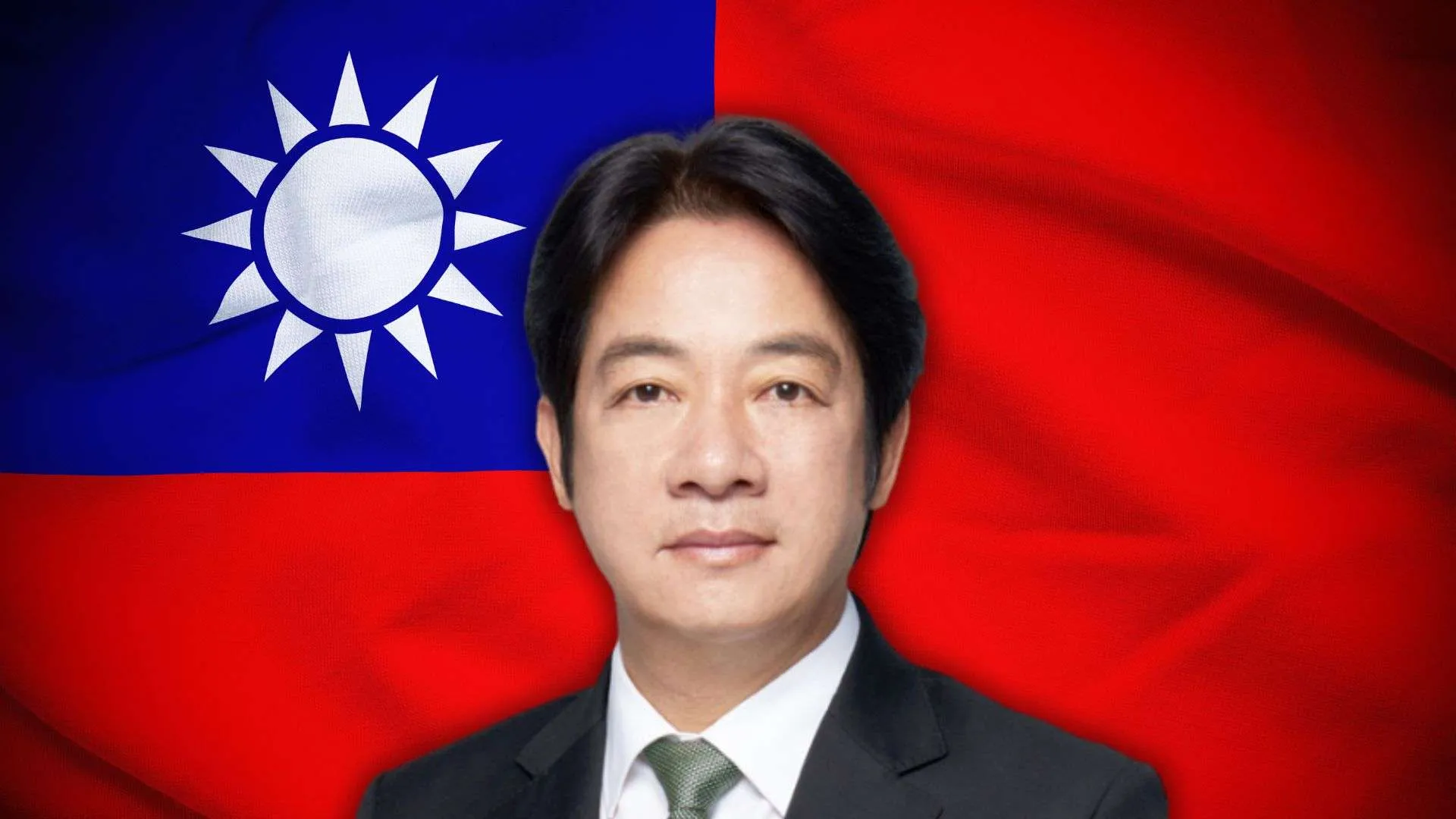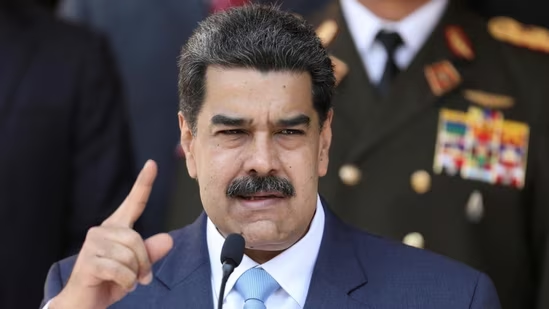Jake Sanders
Taiwan is set to develop a new dome-shaped air defense system, dubbed the “T Dome,” to protect against potential hostile threats, President William Lai announced yesterday amidst escalating tensions with China. The initiative comes a day after the Taiwanese government warned of China’s increasing military capabilities aimed at the island.
Although Lai did not explicitly name China, his remarks come against a backdrop of Beijing’s longstanding claims over Taiwan and its refusal to rule out the use of force to seize control of the self-governing island. Lai emphasized the urgent need to enhance Taiwan’s defense posture, citing recent Chinese incursions into Taiwanese waters and airspace and ongoing military drills simulating invasion scenarios.
Defense remains a divisive topic within Taiwan, with debates centering on whether to prioritize military buildup or pursue diplomatic engagement with Beijing. Critics of Lai argue that the president exploits fears of Chinese aggression to strengthen his political support and advocate for increased diplomacy with Beijing instead.
The Taiwanese defense ministry expressed concern that Chinese military activities could suddenly escalate into actual attacks, underscoring the urgency of bolstering defenses. Lai announced plans to increase national defense spending to over 3% of Taiwan’s gross domestic product next year, aiming for a rise to 5% by 2030. However, legislative opposition has hindered some funding initiatives.
Sources familiar with the situation suggest that the T Dome will be modeled after Israel’s Iron Dome missile defense system, renowned for intercepting short-range rockets and operating effectively in diverse weather conditions. Israel’s Iron Dome has been pivotal in defending against rocket fire from militant groups in recent conflicts.
Lai described the T Dome as a “multi-layered defense” capable of high-level detection and interception, intended to form a protective “safety net” for Taiwanese citizens. Yet, analysts warn that realizing such a system will require extensive resources and time. Political scientist Hung-Jen Wang of National Cheng Kung University noted that developing the T Dome like Israel’s would be a costly and complex endeavor, likely taking years to implement fully.
Dennis Weng of Sam Houston State University pointed out that the announcement may serve a strategic purpose aimed at garnering support from the United States, which is legally obliged to assist Taiwan militarily in case of aggression. Despite this, the actual construction timeline is expected to extend beyond Lai’s current term.
Lai also called on China to act responsibly as a major power, urging Beijing to desist from using force and coercion in the Taiwan Strait. Drawing lessons from history, he emphasized that the suffering caused by war and invasion must be avoided, echoing a desire for peace and stability in the region.
As tensions continue to rise, Taiwan has increased its military readiness, including conducting its largest and longest military exercises earlier this year to prepare the population for potential conflict and to demonstrate its defensive capabilities.
Beijing has yet to comment on the new defense initiative, but the move underscores Taiwan’s commitment to self-defense amid ongoing regional security challenges.



